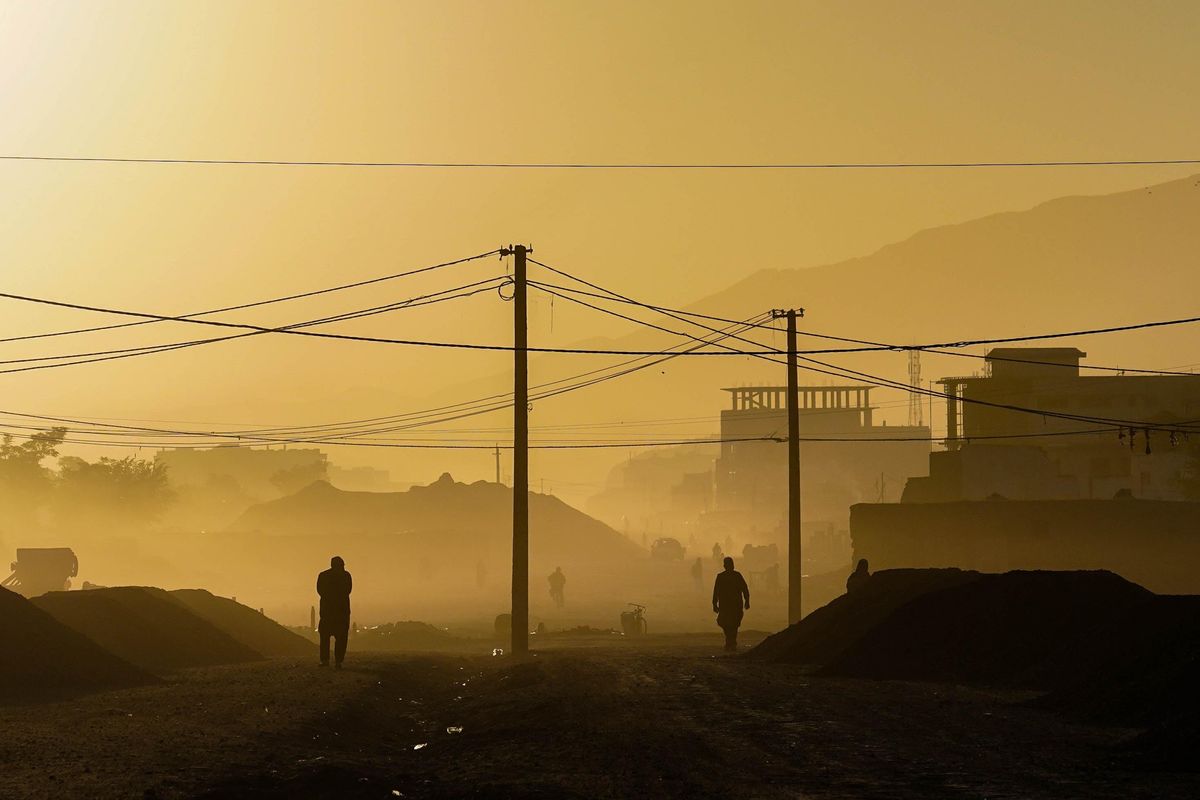On Afghanistan, most people in West have worryingly short attention span
The case of being forgotten over and over again

After 20 years of interventions, Western nations have abandoned a country at its most vulnerable moment
When President Joe Biden announced the withdrawal of troops from Afghanistan after a two-decade long war, criticisms of the decision came flooding in. Warning that the nation was very susceptible to a total seizure by the Taliban, politicians, charity organisations, and activists from all over the world could foresee the impending takeover.
Afghanistan has faced instability since the 1970s with the Communist uprising, the invasion of the USSR, and the US backed resistance to the invasion. Since then, the country, and surrounding region, has relied on international interventions in order to keep the Taliban at a minimal threat to personal and social freedoms. Since the decision to withdraw troops, twenty years of relative peace and growth has come crashing down. Yet, this did not garner more than a month's media attention, and as a result, the world has once again gone hush on the subject.
Clinically speaking, object permanence is a cognitive skill which takes newborns a few months to grasp. Yet, it seems that the general public, me included, are easy to forget humanitarian tragedies happening unless we are consistently reading the headlines. It is as if there is no object permanence when it comes to the struggles Afghan people are facing. Of course, this only emboldens oppressive regimes such as the Taliban to continue their reign of terror.
Reports from Afghanistan tell us of economic hardships in Afghanistan, leading to starvation and other related difficulties. Further, we knew that the return of the Taliban would once again put women and girls in danger of losing individual liberties, such as the freedom to work and education, and indeed, this has proven to be a very valid fear as the majority of education spaces for girls have been shut down, and reports have suggested Afghan women are rarely seen out and about now.
After 20 years of interventions, Western nations have abandoned a country at its most vulnerable moment. As a Muslim woman myself, it breaks my heart to see so many people suffer at the hands of a regime which claims to represent Islamic teachings and belief. IF it truly did, the Afghan people, including women and girls, would be prospering in economic, educational, social, and domestic spheres.
That the women are suffering at the hands of men who claim to represent Islam is abhorrent. Anyone with even a shred of understanding of Islam would understand that justice between men and women is inscribed into the very fabric of the religion. I belong to the Ahmadiyya Muslim Community where His Holiness Mirza Masroor Ahmad, the worldwide head of the community addressed young girls and women stating '"Islamic teachings are crystal clear that women are not inferior to men in any way whatsoever. Thus, where the Holy Quran mentions 'believing men' it also mentions 'believing women'. This is true equality…'. This was not just off-hand comment made with little evidence to show for it. In fact, it was addressed to the audience who had gathered at Western Europe's largest mosque, the Baitul Futuh Mosque, for the sake of religious and secular education.
The case of Afghanistan is not one that can be forgotten, as it has been, over and over again. The implications are far reaching. The country has been in turmoil for nearly four decades now, experiencing moments of growth in between, but ultimately always falling at the hands of hungry predators. And it is always the same people who suffer. His Holiness, Mirza Masroor Ahmad, has also addressed this in his earnest efforts to encourage active steps towards world peace. He stated in 2018 at the Peace Conference held by the community 'Poor nations must not be looked down upon, rather we should consider them as part of our family – our brothers and sisters.'
Indeed, it is time we look at Afghanistan with more than just fleeting attention, whether the mainstream media follows suit or not. International pressure is key to fighting injustices and this can begin with the simple yet pivotal act of remembering.


